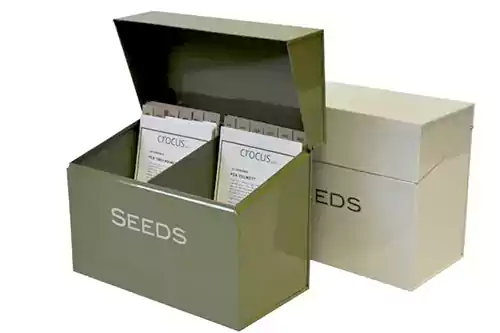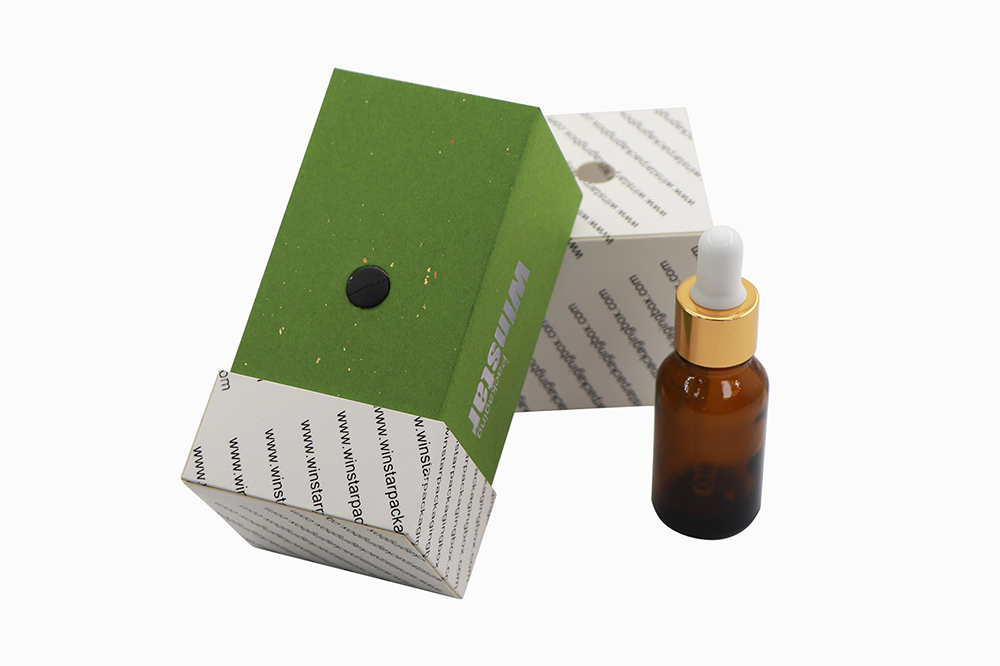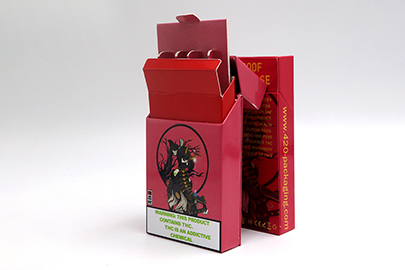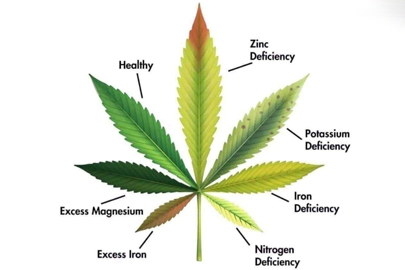Introduction:
Cannabis, also known as marijuana, is a widely discussed and debated topic. It's essential to separate fact from fiction when exploring its effects and potential risks. In this article, we will delve into several statements regarding cannabis to uncover the truth behind its properties and impact. By gaining a deeper understanding, we can make informed decisions about cannabis use.
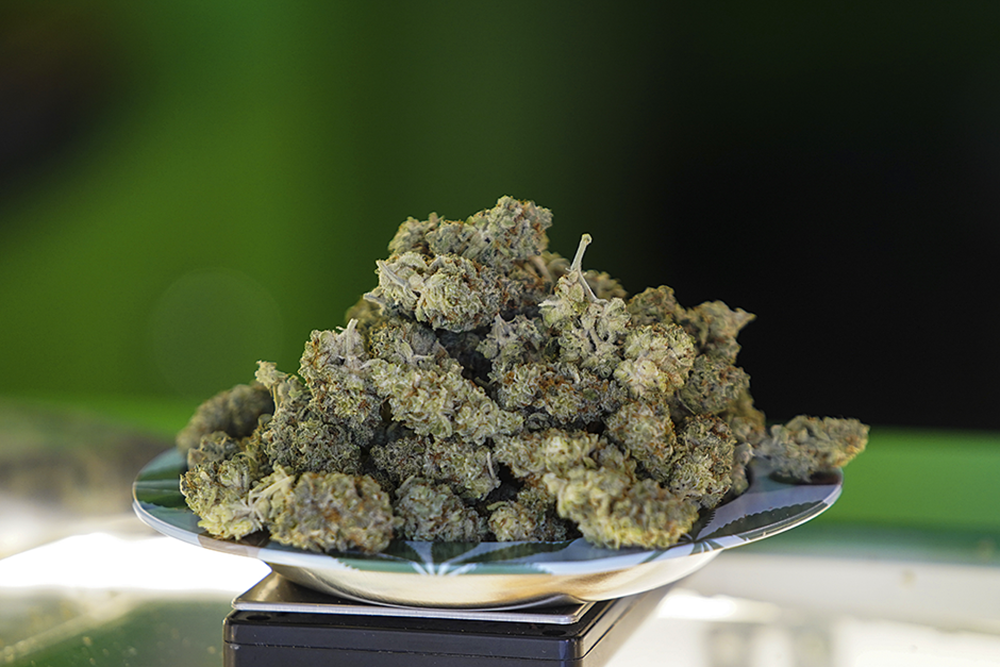
Statement 1: The active ingredient in marijuana is THC, which specifically affects serotonin.
True: Tetrahydrocannabinol (THC) is the primary psychoactive compound present in marijuana. When consumed, THC binds to cannabinoid receptors in the brain, particularly the CB1 receptors, influencing various neurotransmitters, including serotonin. This interaction can contribute to the psychological effects associated with marijuana use, such as mood alterations and relaxation.
Statement 2: Repeated usage of marijuana can enhance attention and memory.
False: Research suggests that regular and prolonged marijuana use may impair attention, memory, and cognitive function, particularly when initiated during adolescence. While some studies indicate short-term memory enhancement in acute marijuana use, long-term and heavy usage can have adverse effects on cognitive abilities, including attention, memory retrieval, and learning.
Statement 3: Marijuana disrupts the membranes of neurons but does not affect the functioning of hormones.
False: Marijuana's active compounds, such as THC, bind to cannabinoid receptors in the brain and other parts of the body. This interaction influences the release of various neurotransmitters, including hormones like dopamine. Therefore, marijuana can impact the functioning of hormones and neurotransmitters, potentially affecting mood, appetite, and other physiological processes.
Statement 4: Marijuana can trigger increased sensitivity to sounds, tastes, smells, and colors.
True: Marijuana use can lead to altered sensory perception, resulting in heightened sensitivity to sounds, tastes, smells, and colors. These perceptual changes are among the subjective effects experienced by individuals using marijuana. However, it's important to note that the intensity and specific effects can vary between individuals and depend on factors such as the strain of marijuana consumed and the dosage.
Additional Information:
-
The use of cannabis for medicinal purposes has gained recognition in treating various conditions such as chronic pain, epilepsy, multiple sclerosis, and nausea during chemotherapy.
-
Cannabis interacts with the endocannabinoid system in the body, which plays a role in regulating various physiological processes, including mood, appetite, pain sensation, and immune response.
-
Short-term effects of marijuana use can include euphoria, relaxation, altered perception of time, increased appetite, and dry mouth.
-
Long-term and heavy marijuana use has been associated with an increased risk of developing mental health issues, such as psychosis, schizophrenia, and anxiety disorders, especially in individuals with a predisposition to these conditions.
-
The potency of marijuana has increased over the years due to advances in cultivation techniques, leading to potential concerns about increased risk of adverse effects and dependency.
-
Cannabis legalization and regulation vary across countries and states, with some allowing recreational and medical use, while others maintain strict prohibition.
Conclusion:
Understanding the truth about cannabis is crucial for informed decision-making and responsible use. While THC affects serotonin levels and marijuana can enhance certain sensory experiences, it's important to acknowledge the potential risks associated with marijuana use. Repeated usage can impair cognitive function, and marijuana can impact hormone functioning. By staying informed and aware, individuals can make educated choices regarding their relationship with cannabis, considering both the potential benefits and risks involved. Consulting with healthcare professionals and following legal guidelines will help ensure safe and responsible cannabis use.

